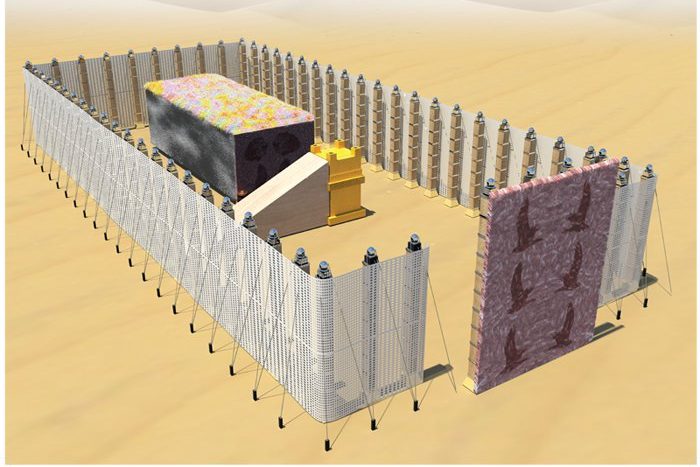KEEPING YOUR EYE ON THE BALL

People do not always follow instructions properly. In fact, one can almost expect instructions not to be properly followed, or even to be ignored.
Although, as long as the job gets done well, or even satisfactorily, most of us would not get too hung up about how or if our instructions were followed.
But, in all honesty, if someone did not follow instructions, even if the results were ultimately great, one would hardly praise that person for having diligently stuck to the instructions. One might praise him or her for having done a good job, but one would not offer praise for them having followed instructions to the letter.
But that is exactly what happens in the Torah portion of Pekudei. We are told that “Bezalel the son of Uri, the son of Hur, of the tribe of Judah, did all that God had commanded Moses.”
The problem is, as Rashi points out, Bezalel had not followed God’s instructions to Moses to the letter when he built the Mishkan. Of course, the finished sanctuary was beautiful, perfect in every way. But God had clearly instructed Moses about the vessels of the Mishkan first, and then about the structure of the sanctuary.
But when Bezalel built it, he started by building the sanctuary, and only once that was done he put the vessels together. To be fair, Bezalel’s defense was simple: you don’t construct furniture before you’ve got a house to put it in. Of course not, but he still had not followed God’s instructions to Moses. So why was he praised for something he had not done?
The answer is as simple as it is obvious. The most important aspect of any project is not the physical
What motivates anyone involved in a project is the visualization that they have of the completed product – if you intend to build a house, it will be the interior that is in your minds’ eye as the final product, with furniture, people, and that feeling of it being a home. But when you eventually build the house, you don’t start with the tables and the chairs, and the flowers and the drapes. You begin with concrete foundations and a wooden frame, and then you slowly work your way towards the finished product.
The Mishkan was no different. God’s instructions were in the correct order, and Bezalel followed them in the correct way. God created the vision. He described the Ark, the Menorah, the Altar – all the beautiful objects that would create the atmosphere of the sanctuary.
That vision inspired Bezalel as he created the space to house those objects. He understood that by keeping these objects in focus, the sanctuary he was building was not a mere space. It was to be a home for the holiest objects of the Jewish faith.
That is the way we must follow God’s commandments. We must be inspired by the vision of a closer relationship with Him. We must see the Mitzvot as the concrete foundation and wooden frame of our relationship with God, and of our purpose on this world.
Keeping Shabbat is not about the do’s and don’ts of Shabbat observance; it is about creating the space that will enable us to be more spiritual. Eating kosher is not about what we can or can’t eat; it is about turning our bodies into vessels that can be closer to our spiritual mission.
Each one of us is a mini-Mishkan. If we are able to envision what it is we could be, we could use that as the focus to build ourselves from the outside in.

